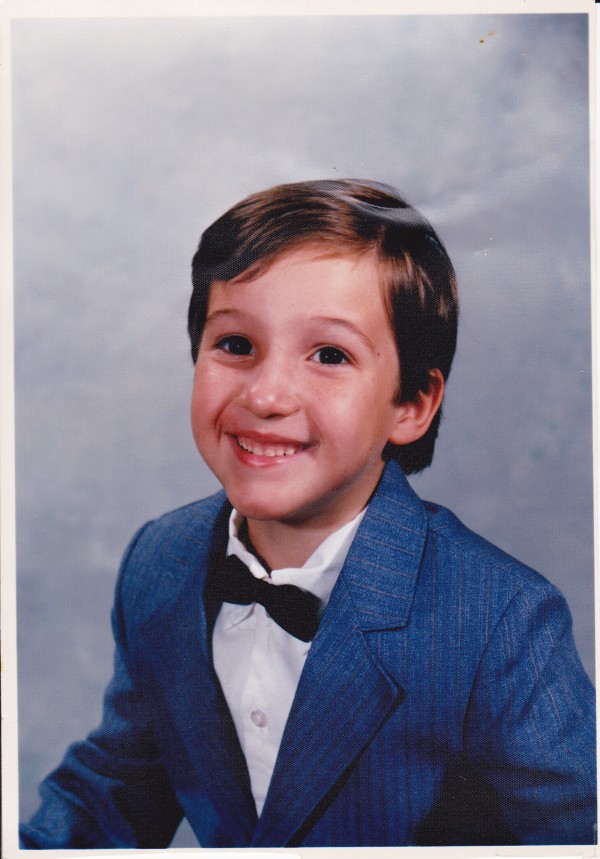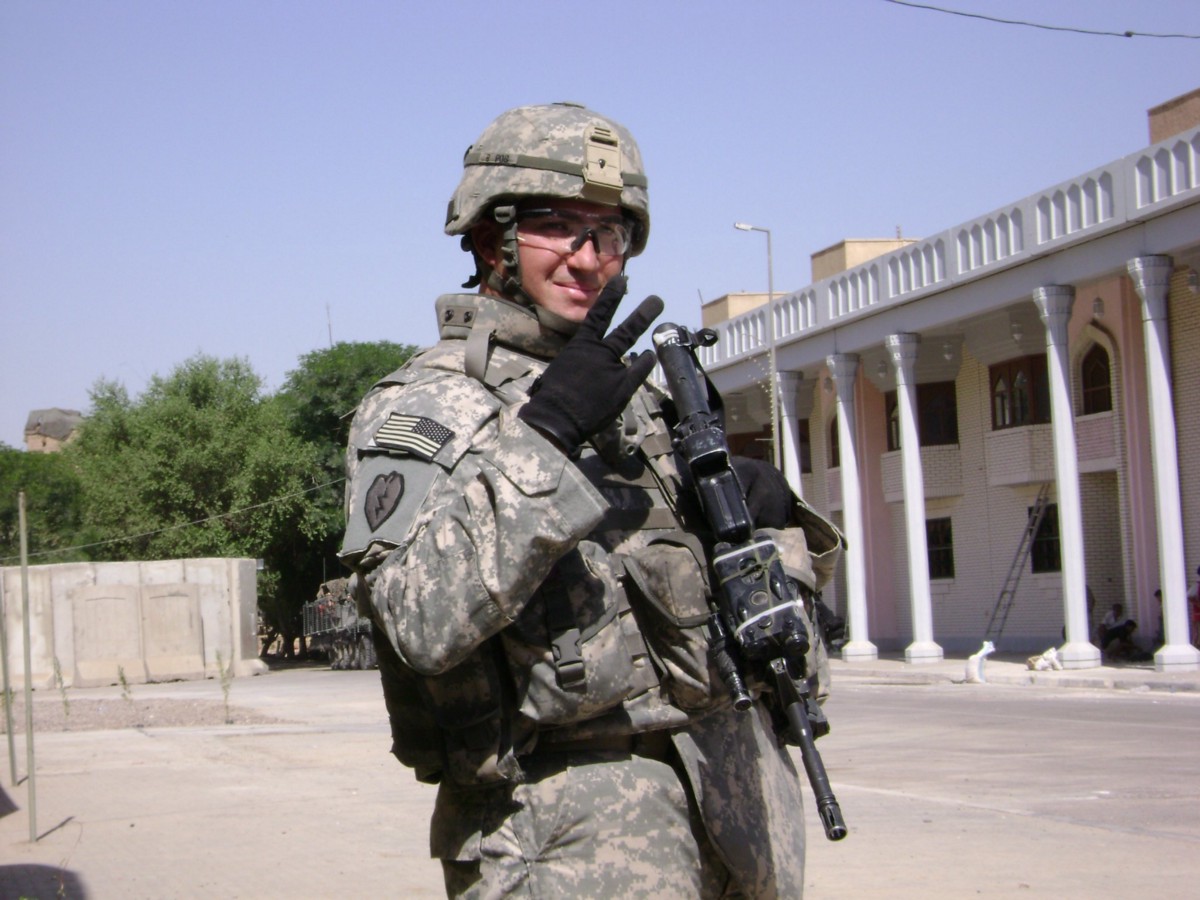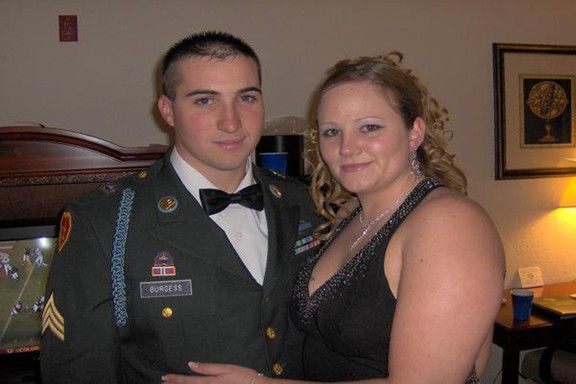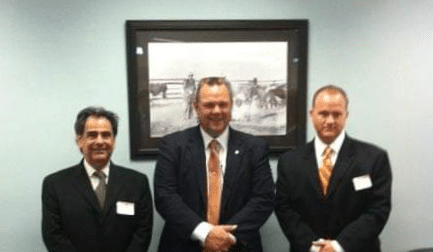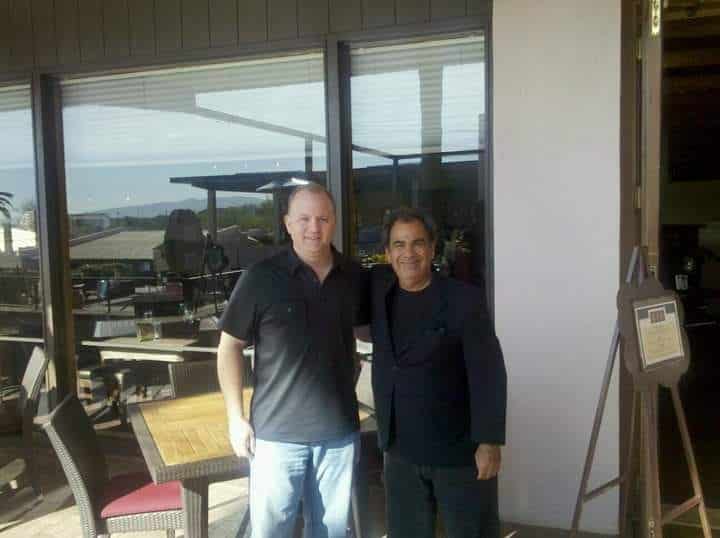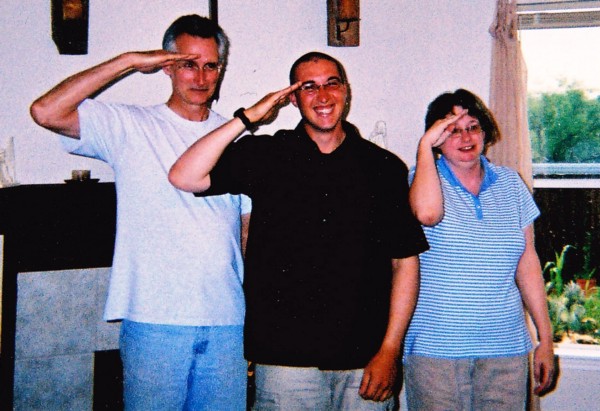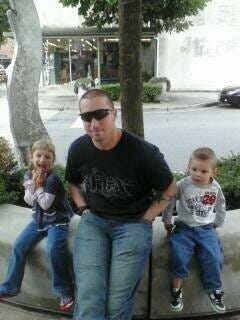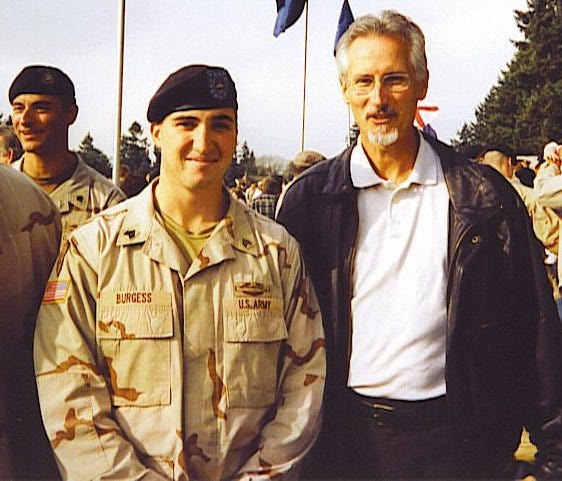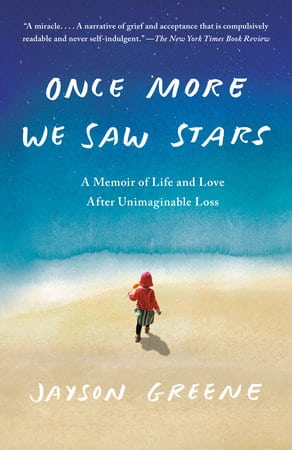Don’t Lean Into The Brokeness
Don’t Lean Into The Brokeness
Nearly three years ago the nation’s attention was gripped by the shooting death of Michael Brown, a young black man who was shot by Darren Wilson, a white police officer. As unrest unfolded in Ferguson, larger questions about racial inequities and institutional racism began making headlines. Today, police shootings continue to be scrutinized, but racial bias and the inequities that plague families do not capture America’s attention.
Going largely unnoticed, except for sensational headlines decrying Chicago’s latest homicide count, are the thousands of families who live in communities where it is conceivable that their black son may walk out the door in the morning and never return. Although homicide is the leading cause of death among black men ages 15-35, many families feel invisible and left behind. This reality is true in a portion of Washington D.C. known as Anacostia, less than ten miles from The White House.
“How many of our kids are going to die before somebody sits up and says, “This is a problem,” says bereaved mother and Anacostia resident Judith Hawkins. Judith’s son, Alvin, was shot and paralyzed from the chest down in July 2015; over time his mental health declined precipitously and he took his own life less than a year later. “I’m really grateful to be able to talk about him right now because I feel like he didn’t matter, to nobody but me.”
Judith’s stoicism is cloaked by a contagious, hardy laugh, often making it difficult to understand what she is trying to convey. She cannot hold a conversation without laughing, no matter how intense her pain is. In the last two weeks alone, Judith has been a source of comfort for two other bereaved mothers by virtue of just being in the right place at the right time.
Despite the many seemingly lighthearted moments, Judith is clear about the pain she feels, the injustices she sees, and the tragedies she witnesses in her neighborhood each day. The first anniversary of her son’s death having just passed, Judith knows all too well the silent agony and pain that bereaved families face, particularly in the the first year following their loss.
Scientific evidence shows that mothers are more likely to die from both natural and unnatural causes in the years following a child’s death and more likely to be committed to a psychiatric hospital in the first five years following the death. Through our work, we have seen this firsthand with the death of Amy Huber, a young, healthy mother who simply went to sleep one evening just days before the first anniversary of her daughter’s death and did not wake up.
Judith suffered a heart attack upon learning her son had been shot. When Alvin left the hospital he was a paraplegic and celebrating his 21st birthday – the day his Medicaid benefits were set to expire. From that day forward, the two struggled to make ends meet in a dilapidated building that, according to Judith, was the only building in the area that could accommodate Alvin’s wheelchair on her nonprofit salary.
Since this lowest point in Judith’s life she has moved into a new, safe apartment and has maintained her job with Bread for the City. As she navigates the reality of living without her son, she continues to struggle with a concept of justice, “You don’t just lose your child; you lose your dreams.”
When Judith talks about the grief she carries and the traumas she sees daily at Bread for the City she reflects on what society tells her, “Do I have time to properly grieve? I don’t know what proper grieving is. I’ve got to get up and go to work. Do I make enough money to pay bills? No, I work every day. I cannot lean into the brokenness or it will take over and I won’t survive.”
Despite the hardships, the racism, and the continued homicides taking the lives of young black men in her neighborhood, Judith remains gregarious and optimistic, “When it comes down to it, the great equalizer is grief. We are bleed blood and we all cry wet tears. The reality is that there will be more [deaths]. Until it happens to other, more prominent families, it will continue.”

